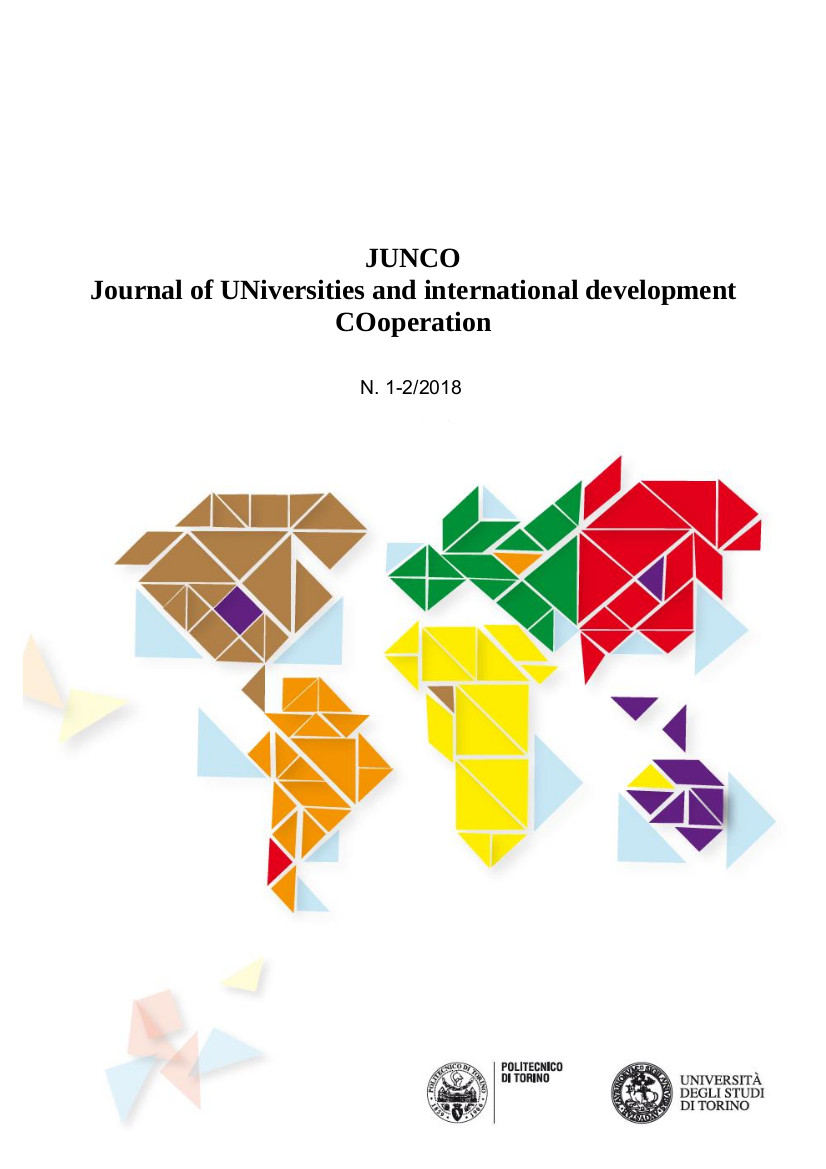Knowledge transfer and capacity building: an example from the urban water sector.
DOI:
https://doi.org/10.13135/2531-8772/3666Abstract
Rural-to-urban migration and sustained natural population growth in Africa, if not properly addressed, may pose serious threat to ecosystems and human wellbeing, both locally and afar. Novel concepts and operative approaches are needed to better frame these challenges and support local decision-making processes, to promote sustainable development. Indeed, this is a key area in which the Academia can make a significant contribution, for example, exploring innovative concepts and developing related approaches to support decision-making processes at a local scale. This paper focuses on the urban water sector as an informative example, ultimately aiming to highlight key areas in which research can provide concrete and valuable assistance. More specifically, we introduce two innovative concepts, i.e. ecosystem services and boundary work; hence propose an operative approach to support the process of design and assessment of the impact of watershed investments. To illustrate real-life implementation of the approach in a data scarce context in sub-Saharan Africa, we consider as a case study soil erosion and water scarcity-related challenges affecting Asmara, a medium-sized city in Eritrea. Accordingly, we adopt urban water security and rural poverty alleviation as two illustrative objectives, within a ten-year planning horizon. The case study application resulted in spatially explicit outputs that inform decision-making processes. By timely addressing stakeholders' concerns of credibility, saliency, and legitimacy, the proposed approach is expected to facilitate negotiation of objectives, definition of scenarios, and assessment of alternative watershed investments. Above all, and beyond the urban water sector, the case study application helps highlighting key areas in which the academic work can make concrete contribution mainly in terms of knowledge transfer and capacity building.##submission.downloads##
Pubblicato
2019-09-19
Fascicolo
Sezione
SESSIONE 1 - L'Università nei partenariati multilaterali per la Cooperazione allo Sviluppo



